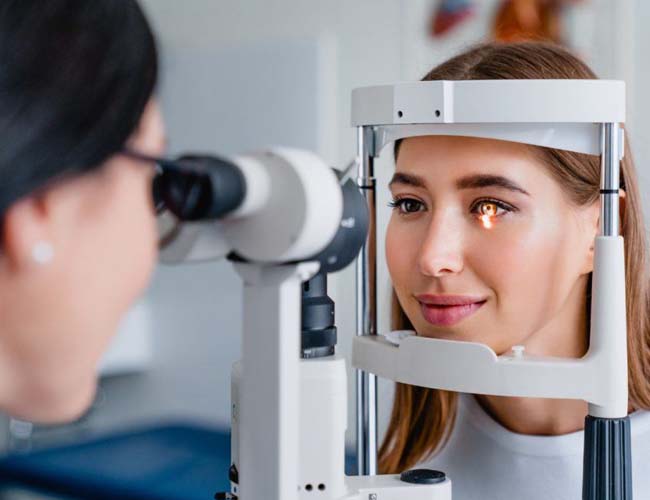
Neuro ophthalmology is an exclusive subspeciality in ophthalmology that addresses a variety of disorders concerning the eye and the central nervous system. The optic nerve that arises from the back part of the eye as seen in the image connects the eye to the brain and hence, many diseases affect the eye and the brain simultaneously.
Neuroophthalmic symptoms are many and can include:
Optic neuropathies: Diseases affecting the optic nerve like optic neuritis, ischemic optic neuropathy, autoimmune optic neuropathy, compressive optic neuropathy, nutritional optic neuropathy, toxic optic neuropathy.
Demyelination disorders affecting the visual pathway formed by the optic nerve, optic chiasma, optic tract and optic radiations.
Cerebrovascular disorders with visual loss, transient ischemic attacks with transient visual loss.
Ocular motility disorders characterized by partial of complete inability to move either one or both the eyes due to central and peripheral nervous system diseases like myasthenia gravis and ocular motor cranial nerve palsies following trauma (injury), tumours, ischemia due to systemic diseases like hypertension or diabetes mellitus.
Tumours like pituitary adenoma, craniopharyngioma, meningioma causing compressive optic neuropathy which cause a direct pressure on the optic nerve and other tumours of the brain affecting the visual pathway and cause of raised intracranial pressure.